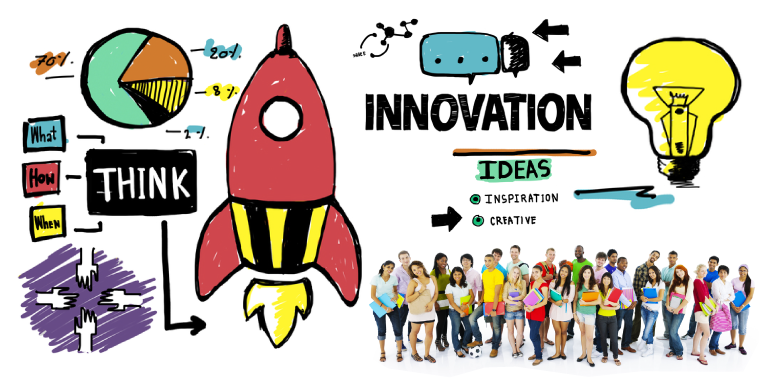

Agility and adaptability defining perennial success for today's organizations
It is not the strongest species that survive, nor the most intelligent,
but the ones most responsive to change.
Charles Darwin's theory of evolution can well be coined in the business scenario as the "theory of staying great forever".
Reports indicate that only less than 20% of the Fortune 500 companies of 1955 exist today. The rest faded away, merged with larger companies, went bankrupt, or currently have just a humble existence.
Compaq became the world’s largest supplier of PCs during the 1990, with its competitively priced, trusted PCs, and was known to be one of the youngest firms to be part of the Fortune 500. However, the story came to a sorry end when the company was acquired by Hewlett-Packard and the brand name Compaq disappeared from the US.
The reason for their failure: unplanned acquisitions rather than focusing on tapping on industry trends or innovating in their area of expertise
Borders were the leaders of the books industry, but with the advent of online reading options, the brick-and-mortar bookshops slowly lost their flavor. Unfortunately, Borders could not match its steps with the changing demands of book lovers and announced closure of hundreds of stores, laying off thousands of workers.
The reason for their failure: their unwillingness to adapt to change
The lesson learnt from these experiences: change now or die slowly. All these organizations were the dinosaurs of their era but have just a fossilized existence today. In the race to be the best, what would your choice be - the fierce puma or an extinct dinosaur?
The puma of course!
The business world has plenty of pumas to look up to as examples - from Amazon, who perennially revolutionize e-commerce by disrupting the landscape, to Apple, where constant innovation and reinvention has challenged most its competitors into silence.
What are the characteristics of a puma organization?
Every current marvel is the result of a focused effort of looking out for "the next big wave", embracing the change smoothly, and figuring out how we can get ahead of the change to provide futuristic solutions. So, what makes an organization a racing puma?
- People with immense passion - James Collins advocates, "great vision without great people is irrelevant". This is indeed true. Companies focusing on getting the right people on board who share the organization's vision get their first step to success right.
- Ability to perennially work toward change - any organization that thinks it is perfect or near perfect has taken its first step toward failure. Make consistent, disciplined, recorded effort to meet the change goal to create the "planned revolution".
- Quality more than quantity: a shepherd manager with a bigger flock is no longer considered successful - small, cohesive teams create large waves. Jeff Bezo's two-pizza rule can be extended to effective team functioning too - never have a team where you need more than two pizzas to feed the team members.
- No more spoon-fed employees- giving employees the freedom to figure out how to add value will help unleash their creativity and bring out the best in them.
- A transparent information sharing system - sharing the harsh truth with your team of trusted employees will definitely bring out much better results than creating a false sense of security followed by sudden disaster.
- Creating buddy work culture: This is the Gen-Y world - there are no more cabins - workspace is one open floor with hardly any vertical hierarchy. Age no longer signifies designation in the company. Ben Whittaker from The Intern represents the latest trend in workplaces - more and more "elders" are reinventing themselves by taking new roles in workplaces. Current organizations are certainly a boiling hotpot of people from their 20s to even 70s. This changing trend has opened up buddy culture within organizations as it encourages spontaneous participation - from ringing bells in the office for appreciation to even offering massage as a gift for good work!
- Embrace change or perish: Anyone not willing to take risk - even if it means the CEO - has to leave. "Experience" no longer refers to the "number of years"; it's the ability to create a difference and reinvent oneself with every challenge.
Today's organizations need chameleons who can easily adapt to changing needs, who can take on new challenges with ease, and who can identify with the organization's futuristic direction. Organizations too need to make a conscious choice to be perennially great - the only way to stay great is to constantly challenge your boundaries and to move swiftly from one success to the other like a puma, else your organization would land up being a fossilized dinosaur in the museum of ancient organizations. The choice is yours.


